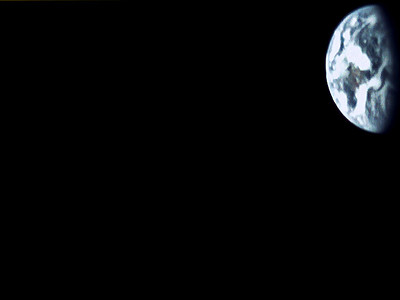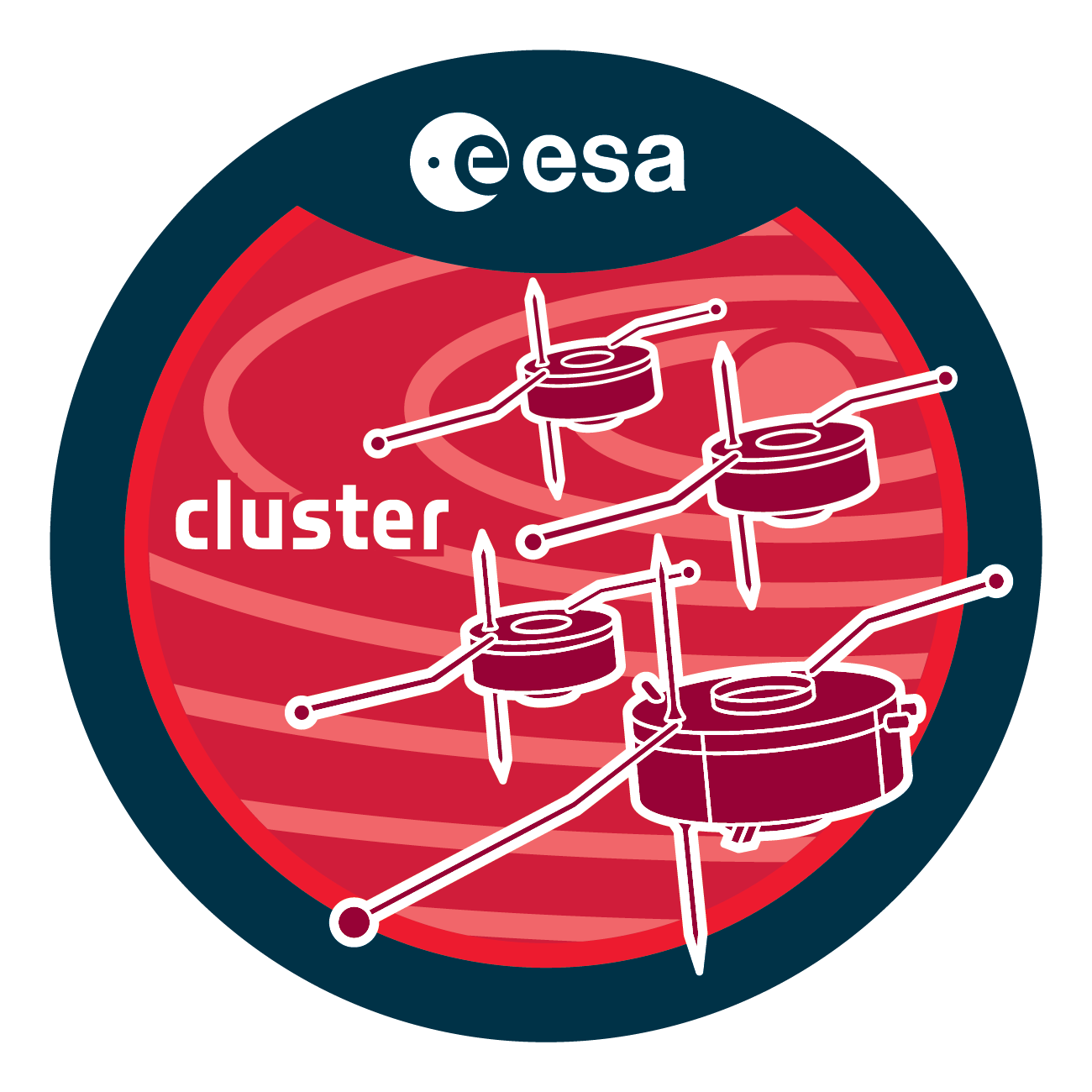Access the archive - Cluster Science Archive
THE CLUSTER AND DOUBLE STAR SCIENCE ARCHIVE
VERSION 3.7.0, RELEASED 11 February 2025
→ CSA ON THE WEB
While working best on Firefox, the CSA is available through any internet browser.
- Search, download and display Cluster and Double Star data
- Data downloads up to 1 GB on the web directly, up to 40 GB via command-line request (link provided)
- Visual inspection of metadata details
- Visualize key datasets (on-demand & pregenerated plots of 1h, 6h and 24h long) and download in GIF/PS/CEF/PNG
- Quick-look plot browsing
- Browse pre-generated or create on-demand inventory plots
- Visualize particle distributions
We would greatly appreciate reports of any problems or unexpected behaviour.
→ COMMAND-LINE USER GUIDE
Use the above link to learn how to access the Cluster science archive data products and metadata via several ways including: wget and curl, Python, MATLAB, IDL and data streaming.
ANALYSIS Tools, now available from CSA web interface
Data Mining - Search for intervals from the whole mission that match ranges of many key parameters
Interactive Plotting - New interactive plotting allows zooming and fully customisable ranges, axis labels, titles, fonts...
Bryant Plots - View key parameters and predicted boundaries over ranges of whole orbits
Recent Datasets:
Data mining dataset, 96 parameters at 1 minute resolution, covering the whole missions.
Geospace Region and Magnetospheric Boundary identification (GRMB), see Crossings and Techniques
Check the FAQ section if any problem occurs, or contact us.
History of new features implemented per version.
Public version 3.7.0, released 11 February 2025
License for all archival data is a special creative commons non-commercial license CC BY-NC 3.0 IGO, International Public license. CC0 used by NASA is only possible for an organisation related to one country not possible for a multinational organisation. For more information: https://creativecommons.org/licenses/by-nc/3.0/igo/
Earth, as seen from the VMC (visual monitoring camera) on spacecraft 3 on 5th June 2016:

The VMCs are installed in the umbilical separation connector bracket on the base of the upper spacecraft (CUS) in each Cluster pair, in order to take a series of 27 colour images of the lower spacecraft (CLS) during separation. An image of the separation is here and the other images of the Earth from June 2016 are on Flickr.








































 Sign in
Sign in
 Science & Technology
Science & Technology
